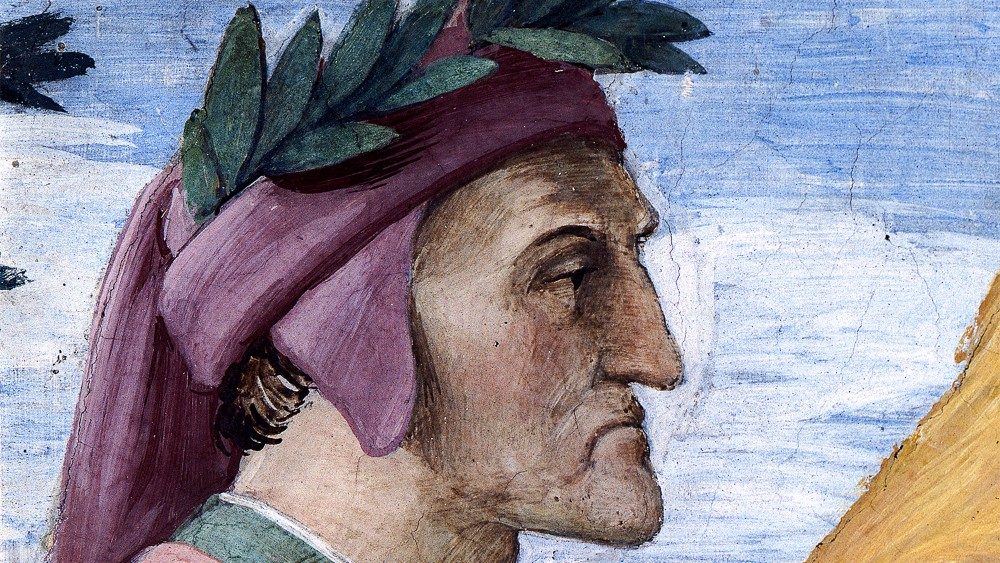As part of the celebrations of the 700th anniversary of the death of Dante Alighieri, the Pontifical Council for Culture, in collaboration with the Università degli Studi Roma Tre, the Pontifical Dante Commission, the Foundation for the Cultural and Artistic Heritage and Activities of the Church and the Giancarlo Pallavicini Foundation, is organizing an international conference entitled “Dante and the Great Eschatological Questions”.
The event is divided into three sessions aimed at illuminating three major themes present in the centuries-old tradition in which Alighieri’s work is rooted: the divinely inspired vision, the resurrection of souls and bodies at the end of time, and angelology.
The conference will be attended by scholars from all over the world, known to the scientific community for the high quality of their research, who are interested in various fields of knowledge, in particular: philosophy, theology, exegesis, history, art history, linguistics, and philology.
The Conference, which will be enriched with the recitation of excerpts from the Divine Comedy by the Compagnia del Teatro Libero di Rebibbia, will be held on November 25 and 26, 2021, at the Università degli Studi Roma Tre, in via Ostiense 236. To participate, you can enroll by writing to: [email protected]
Dante is known for establishing the use of the vernacular in literature at a time when most poetry was written in Latin, which was accessible only to the most educated readers. His De vulgari eloquentia (On Eloquence in the Vernacular) was one of the first scholarly defenses of the vernacular. His use of the Tuscan dialect for works such as The New Life (1295) and Divine Comedy helped establish the modern-day standardized Italian language. His work set a precedent that important Italian writers such as Petrarch and Boccaccio would later follow.
Dante was instrumental in establishing the literature of Italy. His depictions of Hell, Purgatory, and Heaven provided inspiration for the larger body of Western art and literature. He is cited as an influence on such English writers as Geoffrey Chaucer, John Milton, and Alfred Tennyson, among many others. In addition, the first use of the interlocking three-line rhyme scheme, or the terza rima, is attributed to him. He is described as the “father” of the Italian language, and in Italy, he is often referred to as il Sommo Poeta (“the Supreme Poet”). Dante, Petrarch, and Boccaccio are also called the tre corone (“three crowns”) of Italian literature.










